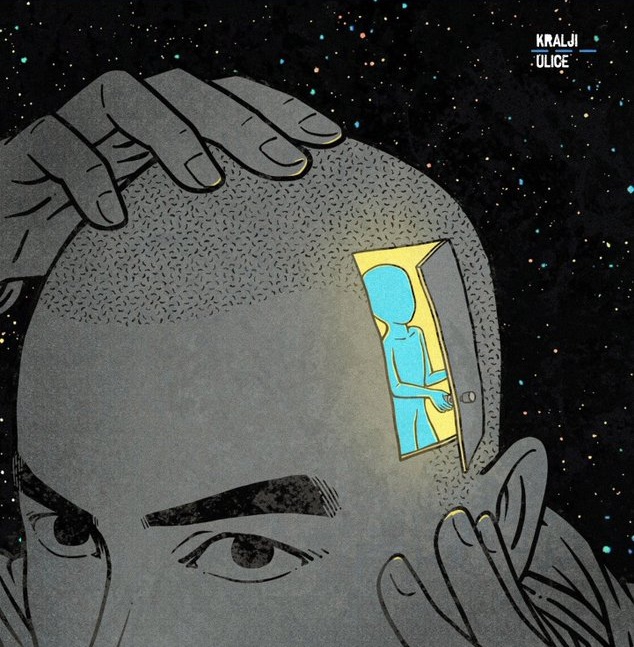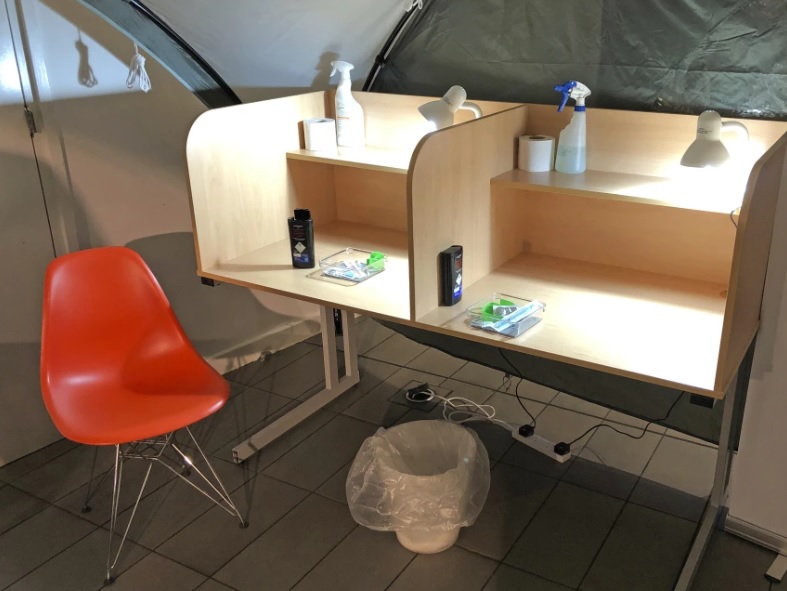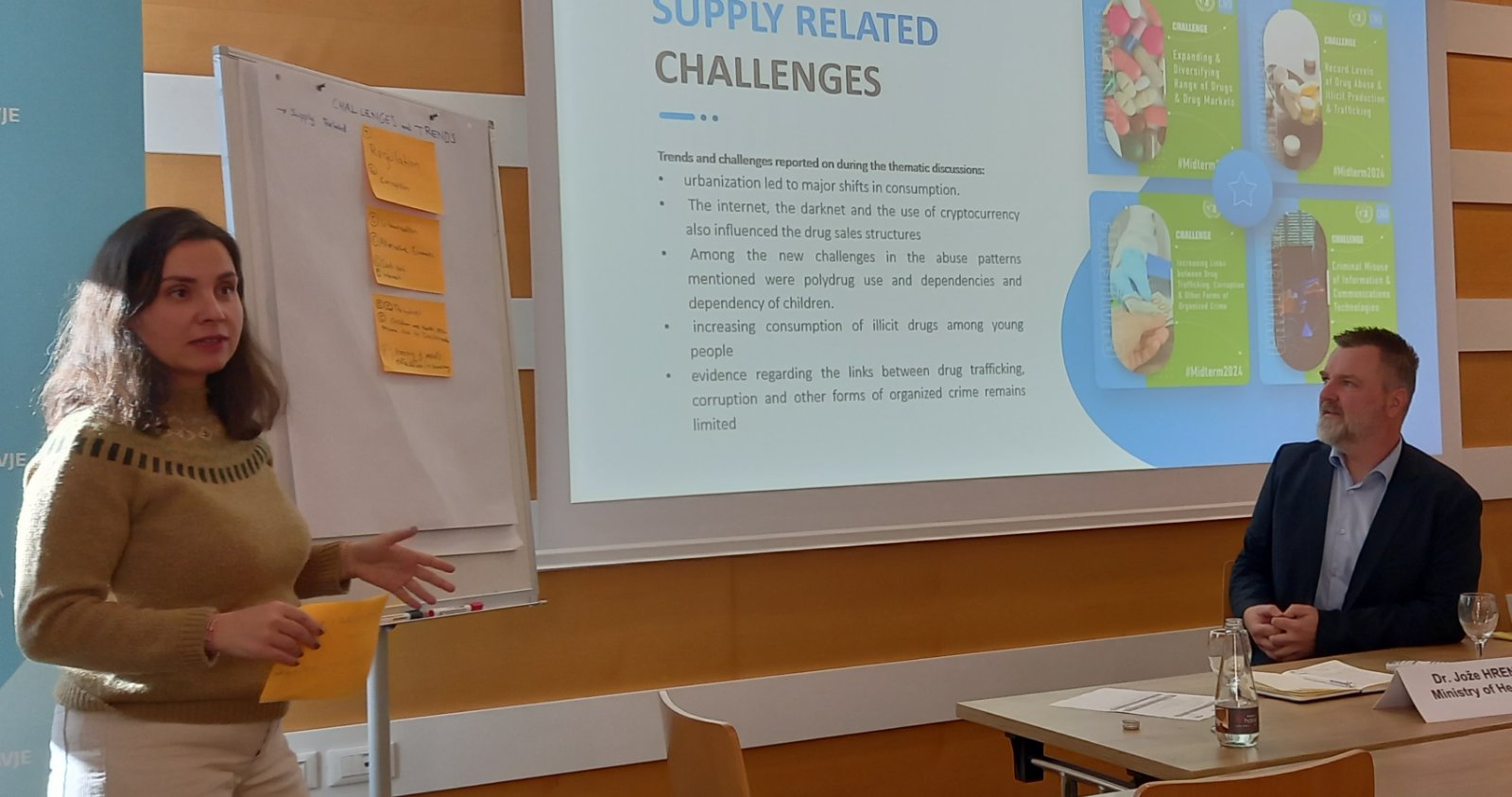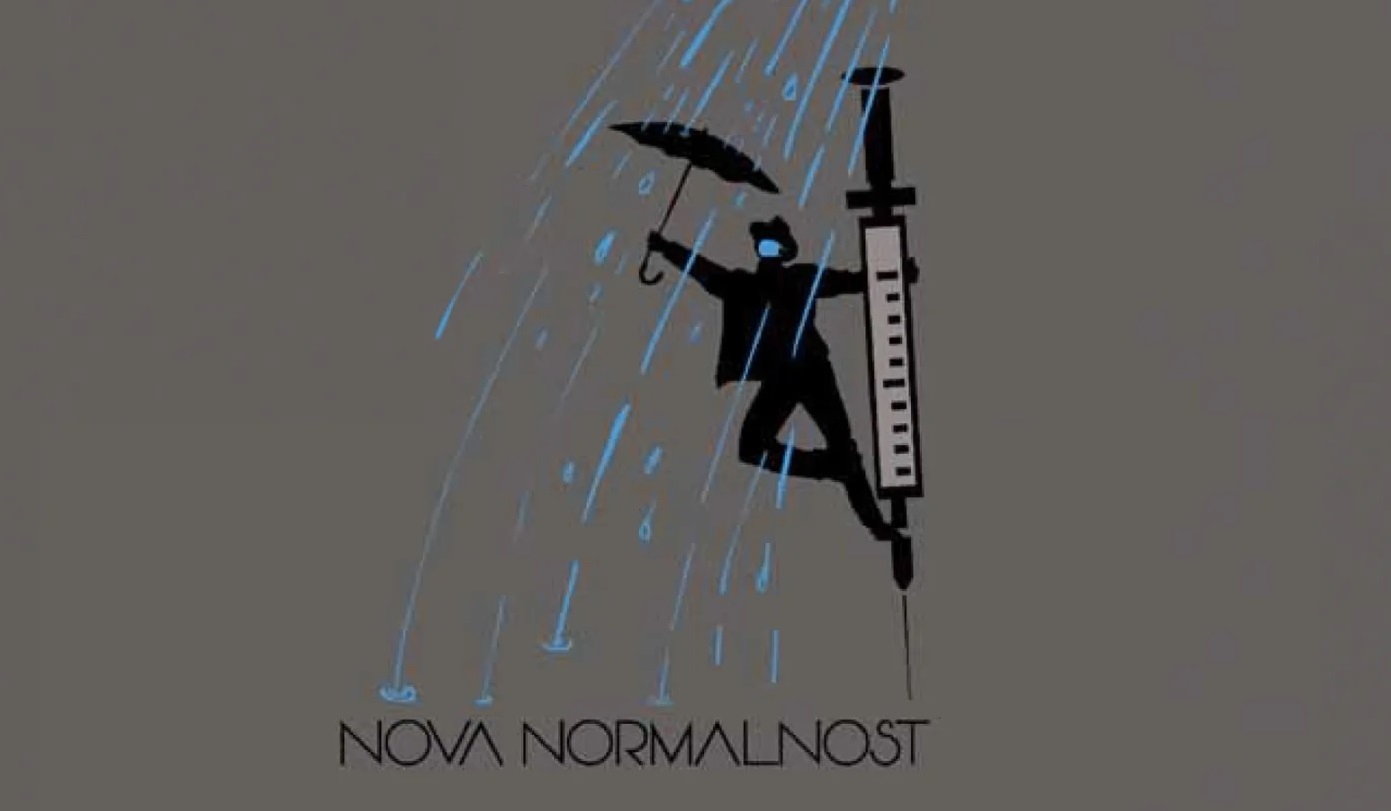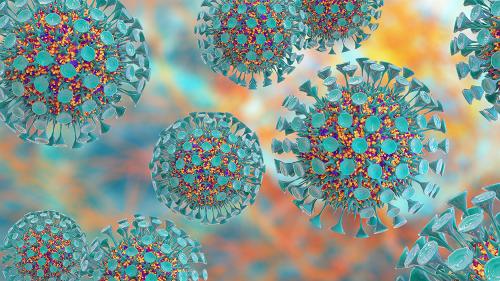ŠENT – Slovenian Association for Mental Health opens tomorrow Goriška varna soba (Goriška Safe Room), first drug comsumption room in Slovenia.
The Safe Room is a harm reduction program aimed at a high-risk population of illicit drug users. The basic purpose of the safe room is to reach and respond to the needs of this particularly vulnerable group of users, whose needs cannot be adequately addressed within the existing public health system. At the same time, these users may be a significant burden to the local environment/community. With the services ŠENT offer in the safe room, they can most effectively and directly influence the reduction of health risks, and indirectly also the risks that they deal with within the social welfare and criminal law areas of treatment. In addition, the use of drugs is withdrawn from the public space into a private and at the same time controlled space, which reduces the possibility of exposure to the general public, including the risks that arise from the use of drugs in a public space.
The basic goals of safe room programs are the prevention of overdoses and health complications and the possibility of effective treatment in the event of them, the prevention of blood-borne diseases (Hepatitis C, Hepatitis B, HIV, etc.) and bacterial infections, the reduction of drug use in public areas, enabling contact with particularly vulnerable and hard-to-reach users, reducing the costs of health, social and legal protection related to the use of illegal drugs.
ŠENT plan to connect the operation of the safe room program with the operation of the existing day center for users of illegal drugs in Nova Gorica (Sedejeva 9a). The space in which only this one operates and which is owned by the Municipality of Nova Gorica (MONG) is an independent building – a living container, which consists of interconnected modules, and has been used by the ŠENT association since 2006. The space has over the years of use proven to be suitable for the provision of harm reduction services, as due to its location (on the outskirts of the city of Nova Gorica) and its location outside the strict residential area, it is undisturbed for the residents. The city center is 500 meters away, which still ensures proximity to everyone who needs it.

Final preparations for the Safe Room openning
The safe room program will follow the guidelines of safe rooms from abroad. It will include a main area dedicated to drug use and individual work with users. The drug use area will be divided into two parts, one part will be for intravenous drug use, while the other part will be intended for users who will use the drug orally or nasally. The safe room will be used by one user at a time, who will have from 20 to 60 minutes available to use the drug, and the specific needs of the individual user must be taken into account, as some have problems with collapsed veins and consequently need longer injection time. Each user will have at their disposal sterile accessories that will enable nasal, oral and intravenous use of drugs, as well as other necessary accessories, which are free in the program.
Before using the safe room service, the user will have to take care of preliminary hygiene under the guidance of an employee, after use he will have to clean the work surface, for which s/he will have available cleaning products and a tray for infectious waste. The sterility and appropriateness of the work surfaces must be monitored and, if necessary, also ensured by the employee during use. The program will employ two professionals, a medical graduate and a social welfare professional.
Ministry of Health of the Republic of Slovenia is the source of co-financing of the safe room. The total value of the operation is 207,359.68 Euro.



 The referendum questions were: Should Slovenia allow the cultivation and processing of cannabis for medical purposes on its territory? and Should Slovenia allow the cultivation and possession of cannabis for limited personal use on its territory?
The referendum questions were: Should Slovenia allow the cultivation and processing of cannabis for medical purposes on its territory? and Should Slovenia allow the cultivation and possession of cannabis for limited personal use on its territory? The Pirate Party, as the organizers of the campaign for all three consultative referendums, welcomed the results, which show voter support for all four referendum questions. However, they are disappointed by the lack of substantive discussion regarding the referendum question on the cultivation and possession of cannabis for limited personal use.
The Pirate Party, as the organizers of the campaign for all three consultative referendums, welcomed the results, which show voter support for all four referendum questions. However, they are disappointed by the lack of substantive discussion regarding the referendum question on the cultivation and possession of cannabis for limited personal use.
